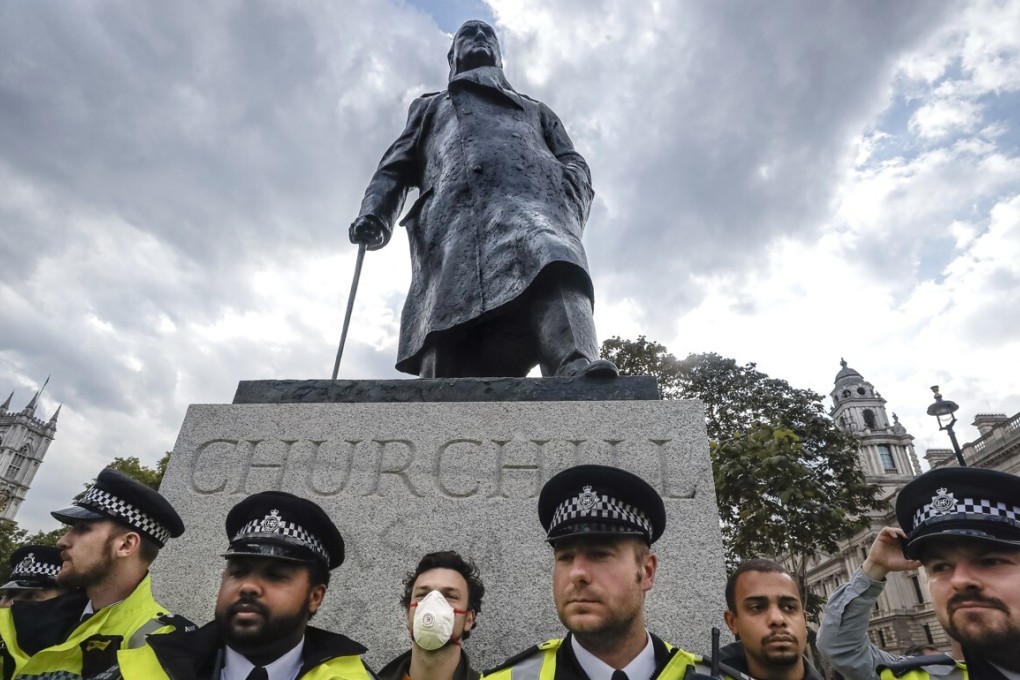Advertisement
China Briefing | Why US and China are both stalked by concerns about the Cultural Revolution
- Both the United States and China are stalked by concerns that a cultural revolution is looming, albeit for different reasons
- In America, the rise of extremist groups and popular anger, fanned by social media, raise questions about whether social norms will be upended
Reading Time:4 minutes
Why you can trust SCMP

Back in May 1966, Mao Zedong unleashed the Cultural Revolution to reassert his authority and exhort the masses to purge “bourgeois and capitalist” elements of the elites and intellectuals to revive and purify the revolutionary spirit that brought the Communist Party to power in 1949.
In particular, the radical youth known as the Red Guards were ordered to destroy “four old things” – customs, habits, culture and ideas – to achieve the ultimate social equality. This led to widespread persecution of intellectuals and destruction of historical and cultural relics and artefacts, including temples, churches, books and paintings.
The decade-long turmoil ended in 1976 following Mao’s death, having destroyed much of China’s social fabric and political hierarchy, with hundreds of thousands of people tortured to death.
Advertisement
Now, more than half a century later, it is compelling to see that parallels to the Cultural Revolution have been drawn not only in regard to China’s political development but also public discourse in the United States. Particularly so at a time when the world’s two biggest economies are embarking on a road of confrontation and conflict over a wide range of issues, from trade to Hong Kong to ideology to the South China Sea.

Advertisement
In China, there have been rising worries about a return to some of the Cultural Revolution norms, particularly about the official propaganda apparatus’ intense efforts to build a personality cult around President Xi Jinping, reminding many of the bygone era in which Mao was deified. This is despite the fact that Xi himself was a victim of the tumultuous decade.
Advertisement
Select Voice
Choose your listening speed
Get through articles 2x faster
1.25x
250 WPM
Slow
Average
Fast
1.25x
